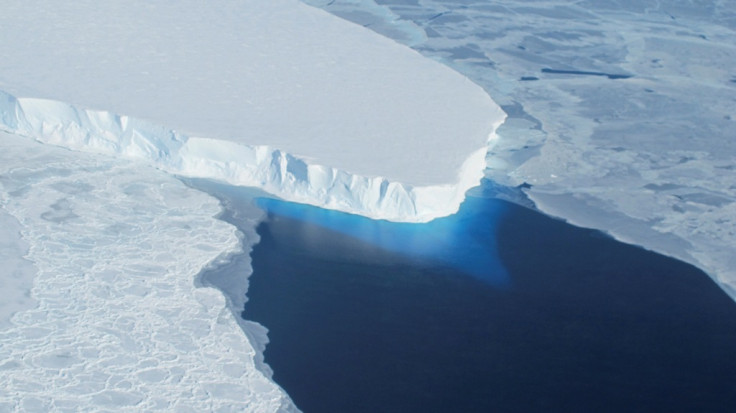If global warming is a reality why is Antarctic ice growing? Scientist thinks she has an answer
Cecilia Blitz argues that deep seas that surround Antarctic transfer heat

It is one of the greatest puzzles in the science of climate change, and has been used by skeptics to cast doubt on global warming: Why, when the world is getting hotter, is the Antarctic getting colder?
Now, a scientist thinks she may have uncovered the answer.
Cecilia Bitz, an atmospheric scientist from the University of Washington in Seattle, believes that oceanic currents are taking heat away from Antarctica and carrying it north, reports the Sunday Times.
As scientists predicted the Arctic, which is surrounded by the landmasses of Asia, North America and Greenland, is melting as a result of increased global warning.
Antarctica though is surrounded by oceans, which carry heat northward.
"The Southern Ocean is a region of large-scale up-welling of deep water. Most of the deep water is vast and isolated so it has warmed little," said Blitz.
She says that increased snowfall on the Antarctic continent has expanded the ice shelves that ring the continent. When it meets warmer sea further north it melts, and floats on the salt water of the ocean, forming a 'blanket' of cold water that can freeze again more easily.
"The final contributor is changes in wind patterns that drive surface ocean waters north," Blitz said,
Water carrying heat pushed north exacerbates the ice melting in the Arctic.
The research is likely to be a keen interest to climate scientists baffled by the failure of standard climate change computer models, which have predicted that Antarctic ice should be shrinking at the same rate as that in the Arctic.
Data during the Antarctic winter this year showed that the ice floes extended further north than at any time since satellite records began in 1979.
According to Eric Wolff, a Cambridge University scientist who is organising the Royal Society conference this week at which Blitz will explain her findings, the way global warming effects the atmosphere, the oceans and the climate is more complex than previously thought, leading to uncertainty about its effects.
© Copyright IBTimes 2025. All rights reserved.






















